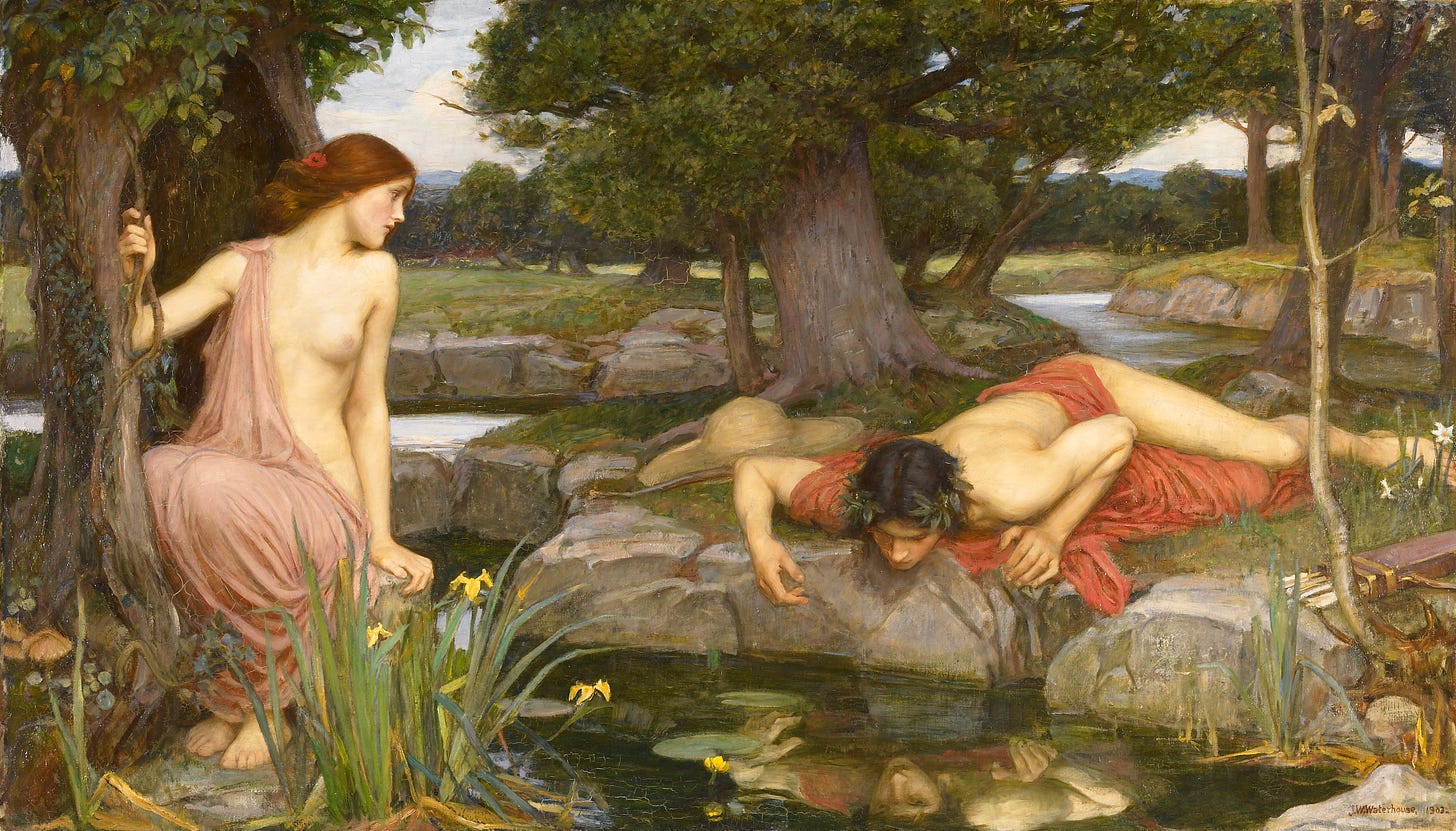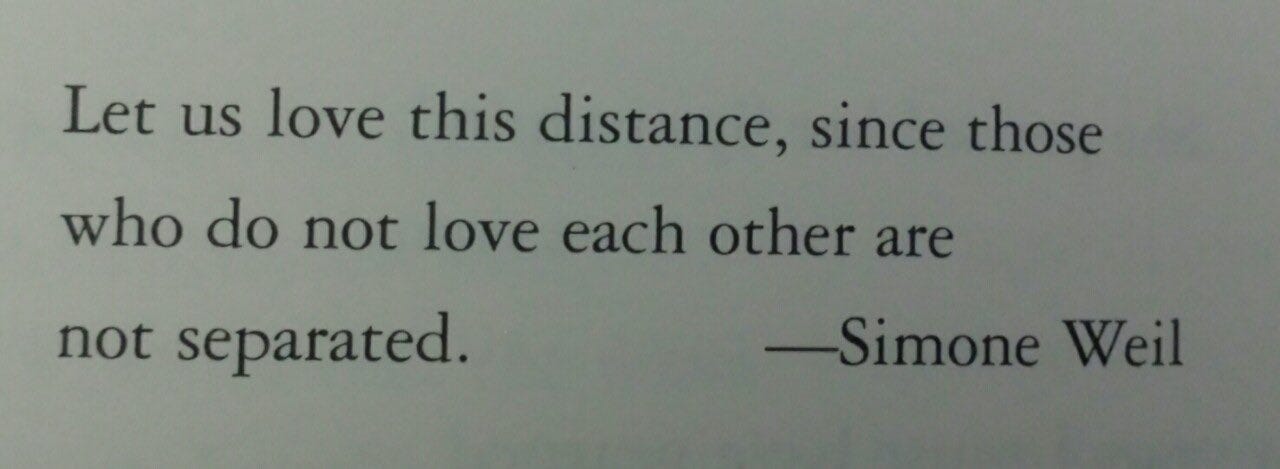Jude the Obscure
> Some few persons even got a fragment of the looking-glass in their hearts, and this was very terrible, for their hearts became cold like a lump of ice.
Each child is born with a fragment of ice, and it is to the mother that this be melted; thus to light the love within. This alone is what it means to be human, though it is not to our species only. Yet there are those, whether of fault or design, in whom no presence of warmth is sufficient here; and then the fragment remains. Have you known any for whom this is so? There is something missing from their eyes; as if no true fire was ever kindled therein but is merely reflected. You see them as like but not me, thus take for a soul what is really your own reflection. The child takes themselves as taken thus, thereby learns to imitate all things human. They may play along all their life—and, thanks to the obscurity of such inner workings, may never the while suspect or be suspected of such a lack. Some say there are children made this way, that their hardness might be used. These are said to be sharp tools with which it is unwise to play and yet cut well where required. They are not warriors, of course, for even a kshatriya must know love—no, these few exist beyond the castes of men.
Of my childhood, the foremost lesson has been love; it has been to my parents credit that, in this age, they taught me that in and of themselves. They loved me, indeed, but it was the fairytale spun of their own which stuck fast as a symbol. This has been a light to me and of great warmth, and yet often enough has also brought ever darkness and despair. Such a belief, of course, is a dangerous thing; it is liable that such will find love everywhere in this deepest wish; which would be no pain, if only it weren’t a true love in which this was belief. Thus I have fallen hither towards her and torn thither away; and all by the same spirit, to whom I have ever remained faithful.
I learnt early, or ought to have, that such substitutions are impossible; it is not for a love like this to come after the marriage, not for me. When at primary school, for instance, and here ought to have been most certain proof, for here I fell in love; yet it was of fate that one with my name took this girl—and so, here you must believe me, I ended up with her twin. They were, apart from hair, exactly alike; and in fact, this twin in personality was perhaps superior. Yet such calculations have nothing to do with love, and so nor this; and thus my first shame—that I simply disappeared. She of my first kiss, I did not answer calls nor see again for years. A shame oft-repeated since yet perhaps less severe.
All my years I have been a small child, large in body but small somewhere within, and yet obscured by the boisterous manner in which this awkward heap conducted itself; not without charm, perhaps, but nor a thoroughly attractive character. I have no doubt as to my many gifts, but none of this matters to one so small within. I have always taken in life that which was given, and much has been given, but I have never been one to ask; it is my fundamental smallness which made this so. I am small for fear perhaps, or some aspect which failed to ignite in early years. There are stories here but for another day.
As said, I have taken what is given me; it is thus that I have loved falsely. I have loved for want of love, not for it; yet even here I have loved, always I have loved all. This is a pure love, indeed, but perhaps more that of a puppy than a man. Small as a dog, yes, for even the largest might play with great affection—so long as such a mood prevails and trust remains. Yet as a dog also, without a world will I slink away to die; or wish as much, for there comes a time when I cannot contain this cage any longer. I will buck and seek continue my search, or rather wish myself an end for the harm incurred.
Many a night lay quiet beside bodies that her spirit has since fled, and there myself trapped by this mad pursuit; it is then that I wish death. There is an easy way to exit any contract, and if it come naturally—then who could blame me? This would be better for all, I think, all the while lying. I continue thus for fear of harm, and in this incur only further; it then feeds back within and the whole comes to suffocate me. I will gasp at random, or find I have been holding my breath unaware. This is a place I have been many times and each sworn the last, that if ever I escape—then never again a fool; yet ever again a fool.
See, the same what drives me there is that which then later pushes me away; it is perhaps a silly belief in what they say does not exist; whether never did or no longer; love is a thing fictional and historical. So time and again I have turned back, and wasted and hurt and all the same; and myself the least of them, though my suffering a more present intensity, it is perhaps the emptiness between which has been worse. I have not felt full for them, though reason well enough with regards to this; it is known, yes, but that felt is mine alone.
They say there is no such joy in the tavern as upon the road thereto, and true enough—but that there would be such suffering in this place of merriment and drink? This the quiet part oft left aside, yet perhaps here lies the true meaning hidden therein: there is no joy in the tavern—better then we walk forever. Lately I have to this sought hold fast, for I feel her near again; yet here perfectly impossible! What infinite joy this vast distance, or perhaps an end to sound sanity; only time will tell.



